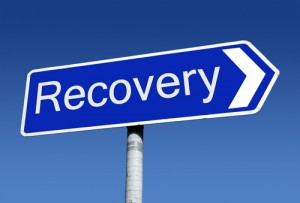 Recuperating from addiction requires behavioral examination and cognitive processing unlike any other situation does. For many recuperating addicts, the task is not without its backslides and difficulties, but this is not reason to give up! Rather, participate in critical thinking to avoid relapse and strengthen your brain against the allure of drug use.
Recuperating from addiction requires behavioral examination and cognitive processing unlike any other situation does. For many recuperating addicts, the task is not without its backslides and difficulties, but this is not reason to give up! Rather, participate in critical thinking to avoid relapse and strengthen your brain against the allure of drug use.
Deciding to change your existence may be the cornerstone of sobriety, and it is probably the most intimidating part of it. Change is something that scares us and causes us to be exacerbated, but by reasoning through it in an organized fashion, that fear and bitterness turns into an agenda that fills you with hope. Be cautious in choosing the way you would like your addiction treated, considering which learning techniques meet your needs. Remember, chemical addiction and mental issues go together, so don’t merely address one or the other. Rather, seek help for both at the same time, and consider that you may need the expertise of an addiction rehab center.
Altering your existence this drastically is one thing nobody needs to undergo alone. Gather your support system near to you and make them conscious of your condition as well as your choice to heal. If your addiction is related to your support system, take space from them. Surround yourself with sobriety and peers who support your recovery, even when this means considering an addiction inpatient facility, joining a recovery group or getting into a sober living home.
Among the universal triggers of drug abuse is stress, and learning healthy coping systems is essential for your ongoing recovery. Think about healthy methods for relaxing, for example exercise, yoga, meditation or any other soothing hobbies. Set goals on your own and entertain dreams. Developing a life of purpose will transform your stress into a willingness to meet the challenges of the world.
You should keep in mind that the chance to relapse will arise because the availability of your addiction won’t disappear. People, places and things may serve as triggers for your former lifestyle, and you must remain active in staying away from and fighting off these causes of addiction. Be upfront and communicative regarding your sobriety. Set limitations. Should you relapse, remember it is not the end of recovery, but an opportunity to start anew. Your ultimate goal for sobriety is a work in progress.


